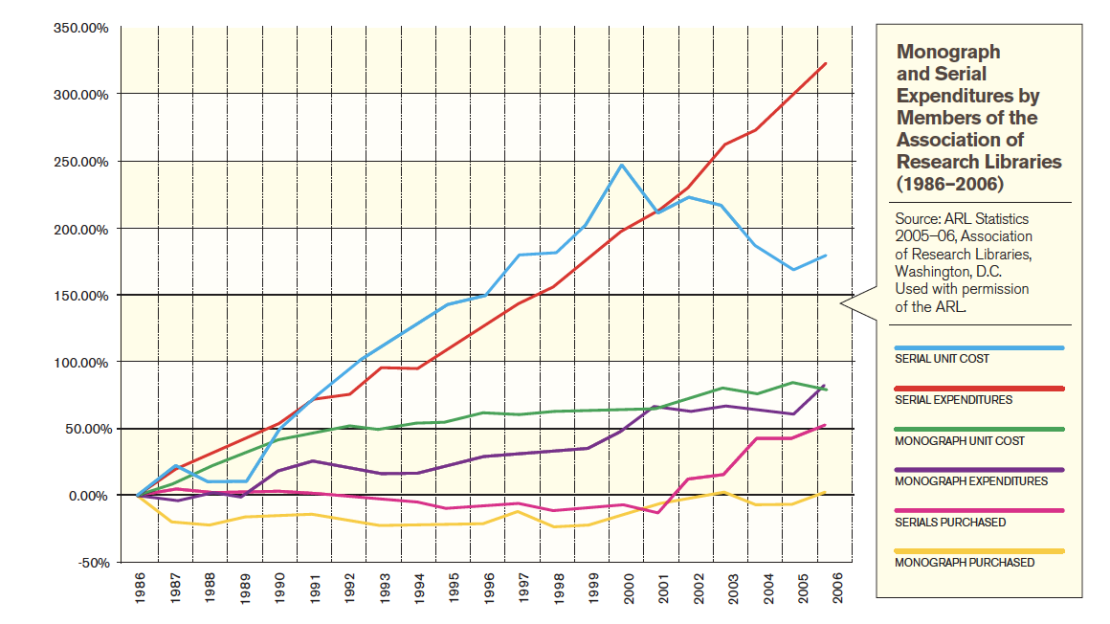The first decade of the 21st century may well be called the decade of “openness.” With the phenomenal growth of the Web and social media, we are witnessing an explosion of applications in open-source software, open innovation, open educational resources, open media and open access to scholarly literature. These practices have in common the culture of distributed peer collaboration, sharing and free access, and they are opening up new networked spaces for participation and engagement beyond traditional institutional boundaries. These converging developments are having tremendous impact on academia’s primary mission—the creation and dissemination of knowledge and innovation through research, teaching and public engagement.
At the same time, the growth of open movements is creating new dilemmas for policy-makers. Foremost among these quandaries: On the one hand, there is a heightened awareness that it is important for universities to make their faculties’ intellectual products available; on the other hand, there is increasing pressure for universities to find ways to monetize or commercialize their intellectual output. This has a tendency to reinforce the treatment of knowledge as a commodity that can be bought and sold according to market demands, rather than as a public good that should be shared and built upon regardless of price signals.
The inclination to lock up knowledge as private property is made worse by confusing government policies on copyrights, which are often dictated by powerful multinational publishers and media conglomerates reeling under the disruptive impact of technological changes. The result is increasingly restrictive access to copyrighted materials and the erosion of fair use of educational and research materials that are the lifeblood of academia.
It was in reaction to the growing enclosure of the intellectual commons and of commercial publishers’ excessive profit-taking that the global open access movement took shape. Open access—that is, free access to scholarly literature without many of the copyright and price barriers associated with traditional publishing—is rewriting the rules of the scholarly-publishing game to give back to scholars control over their intellectual labour.
Open access is neither about bypassing quality control nor subverting copyright. Its primary goal is to maximize the usage and potential impact of research and scholarship. Open access also enables new forms of scholarly practices, such as text mining, meaning extraction, automated classification and abstracting of large bodies of data or literature.
Significantly, open access is challenging the traditional citation and reputation culture of academia. Publications that are openly accessible are far more highly cited than publications locked behind gated access. Most importantly, social media tools are enabling new forms of engagement with a much broader range of readers. Funding agencies are increasingly turning to the Web to make critical professional and funding decisions. For scholars, now is the time to be openly accessible or be obscure.
But for open access to be widely adopted across academia, we need to address institutional inertia and cognitive conservatism, as well as the culture of risk-aversion promoted by the academic reward system. This may prove to be the biggest challenge to open access if university administrations remain largely silent. The current policy vacuum is the primary cause of continued uncertainty and inaction on the part of faculty members. Administrations must be committed to making their university’s research output publicly accessible. They could do so quite simply by stipulating that faculty deposit their research output in the institutional repository.
If universities do not act while they still can, they will find themselves once again at the mercy of for-profit entities, and their roles and relevance in society will be increasingly diluted. The actions we take regarding access to our collective intellectual labour and scholarship closely mirror how we want the university to be and the kind of society in which we wish to live. Open access must be on the institutional agenda, and strategic planning must begin.
The time for debate is over. Now it is time to act.
Leslie Chan is a program supervisor for international development studies at UTSC and director of Bioline International, an open-access platform for scholarly journals published in developing countries.
